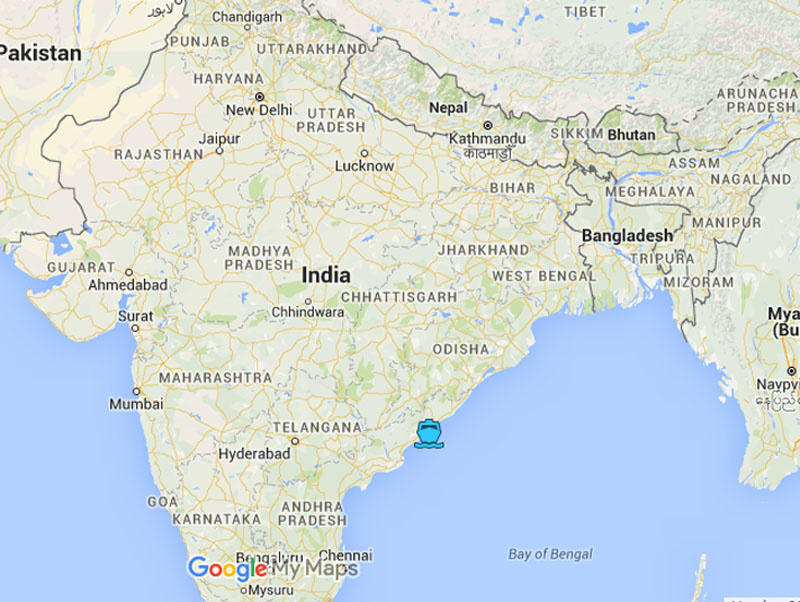Shipping liners start issuing combined bill of lading via Vizag
Kathmandu, June 13
Shipping liners have started issuing combined bill of lading for Nepal-bound cargoes from port of loading to the place of delivery (Inland Clearance Depot in Birgunj) via Visakhapatnam (Vizag) Port.
In combined bill of lading, which is also known as multi-modal bill of lading, the shipping liner takes all the liability of delivering Nepal-bound cargoes at Inland Clearance Depot-Birgunj, after the cargoes are delivered to the Vizag Port. Traders do not have to bear any extra costs (like detention and demurrage fees) as the shipping liners are liable to deliver goods to the destination port.
However, traders have to handle the customs transit declaration process and other procedures that are required at the Vizag Port, which are governed by the Nepal-India Transit Treaty, like earlier.
Currently, Maersk Line, which has been delivering Nepal-bound cargoes in partnership with Indian Railway, has been issuing multi-modal bill of lading for such cargoes. The cost of insurance and freight from the loading port to place of delivery will be paid to concerned shipping liner which issues multi-modal bill of lading. The shipping liner also deals with Container Corporation (CONCOR) India — the subsidiary of Indian Railway authorised to transport Nepal-bound cargoes — to ensure timely delivery of goods.
Nepal started third-country trade via Vizag Port since October last year. However, Nepal’s trade volume via Vizag Port is still low. The government, Indian Railway and some of the shipping liners have been taking the initiative to raise the trade volume via Vizag.
However, freight forwarders have claimd that the government is supporting monopoly of CONCOR and certain shipping liners as it has failed to create a conducive environment for freight forwarders to work at Vizag Port.
Rajan Sharma, former president of Nepal Freight Forwarders’ Association (NEFFA), said that CONCOR has been offering favourable rates for shipping liners like Maersk to monopolise all the businesses there.
“The government needs to establish the Consul General’s office at Vizag Port to facilitate the customs transit declaration and other procedures,” said Sharma, adding, “As the role of customs house agents (CHAs) has been defined by the Nepal-India Transit Treaty, the government has overlooked the role of CHAs in Vizag Port and created an environment for monopoly of Indian Railway and shipping liners.”
Traders, meanwhile, expect that the combined bill of lading would help reduce the cost of trade. “We are always in favour of minimising cost of trade,” said Shekhar Golchha, senior vice-president of Federation of Nepalese Chambers of Commerce and Industry. “If the cost of trade goes down substantially, it does not matter whether the third party (freight forwarders) are involved in transporting goods from delivery port to Nepal or not.”
He said that the high cost of trade is one of the fundamental challenges in minimising cost of production, and bringing down cost of trade should always be top priority of the government and private sector.






